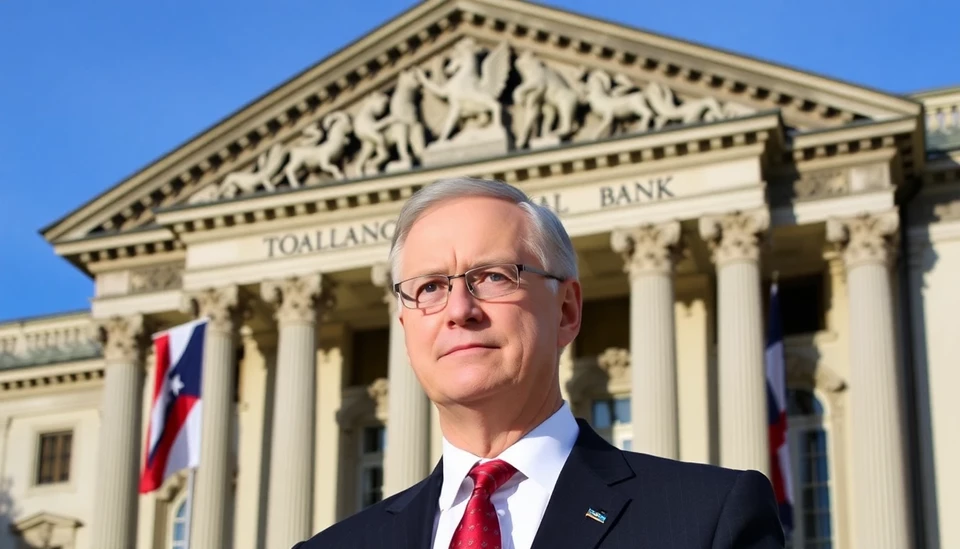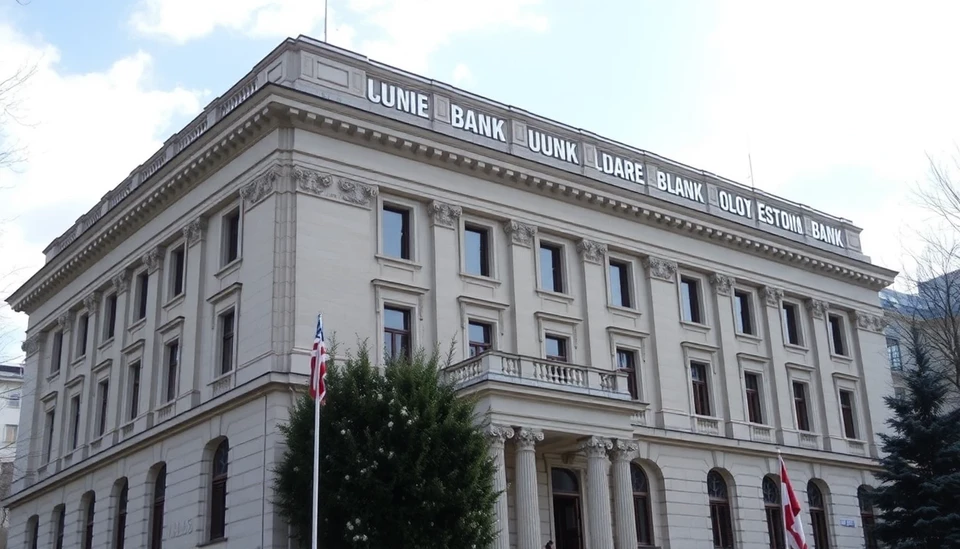
In a significant political development, the Slovenian parliament has decisively turned down the nomination of former Prime Minister Janez Janša to serve as the governor of the Bank of Slovenia. This decision, made during a parliamentary vote, highlights the ongoing political tensions within the country and underscores the challenges faced by Janša, who has been a prominent figure in Slovenian politics for over two decades.
The parliament's rejection of Janša was met with considerable attention, given his previous role as a controversial leader who oversaw tumultuous times during his enrollment in office. His tenure, marred by allegations of authoritarianism and divisive politics, has left a complex legacy that continues to resonate in current political discourse.
Proponents of Janša’s candidacy argued that his experience and deep understanding of economic issues would have benefited the central bank, especially in light of Slovenia’s ongoing economic recovery post-pandemic. However, critics pointed to his past governance as indicative of a troubling trajectory that could compromise the independence of the central bank.
The parliamentary vote concluded with a notable majority against Janša, reflecting a broader consensus among various political factions that remain skeptical of his leadership capabilities. This demonstrates the parliament’s commitment to maintaining the integrity of financial oversight in Slovenia amidst rising global economic uncertainties.
Janša's rejection is emblematic of a volatile political climate in Slovenia, where the electorate has been increasingly polarized over economic and social policies. Reactions to the vote have been significant, with both supporters and opponents of Janša voicing their opinions on the implications of his nomination failure for future political alignments and the functioning of the central bank.
In a statement following the decision, Janša expressed his disappointment but maintained that he would continue to advocate for policies that support the stability and growth of Slovenia's economy. His supporters remain hopeful that he will play a crucial role in future governmental endeavors, despite this setback.
This situation raises pertinent questions about the next steps for both Janša and the Bank of Slovenia as it navigates its upcoming challenges. As the government seeks to instill confidence in its financial institutions, the parliament’s decision serves as a critical reminder of the ongoing tension between political authority and institutional autonomy.
As Slovenia seeks to stabilize and grow its economy, the central bank will now look towards new leadership, which might better align with the current government's vision and priorities. The fallout from this vote and the political maneuvering that follows will be critical to observe as Slovenia moves forward.
In conclusion, the rejection of Janša's candidacy is not just a pivotal moment for the former PM but also for the future direction of Slovenia's monetary policy and institutional governance.
#Slovenia #CentralBank #JanezJanša #Politics #EconomicPolicy
Author: Laura Mitchell

